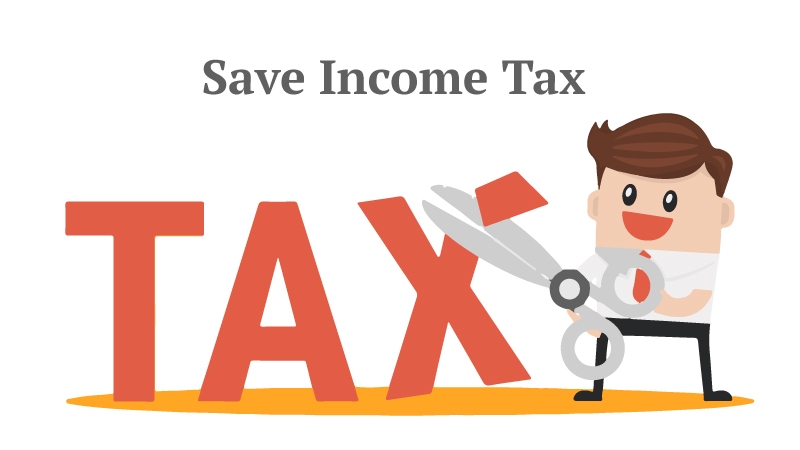
The period between April 1, 2023, and March 31, 2024, is referred to as the fiscal year 2023–2024.
The Income Tax Return (ITR) for the earnings of 2023–24 (AY 2024–25) must be filed by July 31 to avoid a late fee.
It is important to remember that this deadline only applies to income earned through March 31 of the financial year 2023–2024 for those who don’t need an audit.
If an income earns a tax audit report, it must be submitted by October 31st.
On the other hand, you have until December 31 to file a late return for the same fiscal year if you fail to file your ITR by July 31. But in that case, there will be some fines for the individual.
The period between April 1, 2023, and March 31, 2024 is referred to as the fiscal year 2023–2024.
You file your returns and declare your investments for tax assessment during the assessment year (AY), which is the year of review for FY 2023–2024.
If you will be filing an ITR under the Old Tax Regime, here are some strategies to reduce your income tax.
Because the government backs the Public Provident Fund (PPF), it is one of the most popular investment options. PPF investments up to ₹1.5 lakh are eligible for tax exemptions under Section 80C of the Income Tax Act, 1961. Furthermore, neither the interest earned nor the maturity amount will be subject to taxation.
Tax advantages are also provided by long-term retirement savings plans like the National Pension System. You can make regular contributions to try to increase the retirement corpus, and you can withdraw 60% of the total amount at maturity. According to Section 80CCD (1), a salaried employee may invest up to 10% of their basic salary and deduct administration costs.
Interest on deposits made solely into savings accounts is exempt from tax up to ₹10,000 under section 80 TTA. The amount deposited in recurring and fixed deposits is not covered by this.
Approximately ₹ 2,00,000 of the interest you pay the bank in total interest payments monthly is tax-free.
You will receive an income tax exemption on the first ₹ 25,000 of your health insurance premiums paid for yourself, your wife, and your children if you are under 60. However, if your parents are over 60 and you are also paying a premium for them, you can receive an extra rebate of up to ₹ 50,000.
You may be eligible for an income tax exemption on the costs incurred for any dependents who are specially-abled.
A tax exemption is granted under Section 80DDB of the Income Tax Act on the amount paid for a dependent’s medical treatment of a specific illness. These illnesses include AIDS, cancer, AIDS, dementia, aphasia, Parkinson’s, renal failure, thalassemia, and hemophilia.
Todd Barrow is rapidly carving out his place in the country music spotlight. Born and… Read More
Bangalore, often dubbed the Silicon Valley of India, is a city that seamlessly blends technological… Read More
Instagram's latest update includes a new feature called "Blend." With the use of this feature,… Read More
Dr. Rema Vassar is a leading advocate for equity in education, particularly in ensuring that… Read More
Exploring the world of guitar music is a journey into the heart of creativity, where… Read More
Marine construction is a vital field that shapes coastal infrastructure, energy production, and global connectivity.… Read More